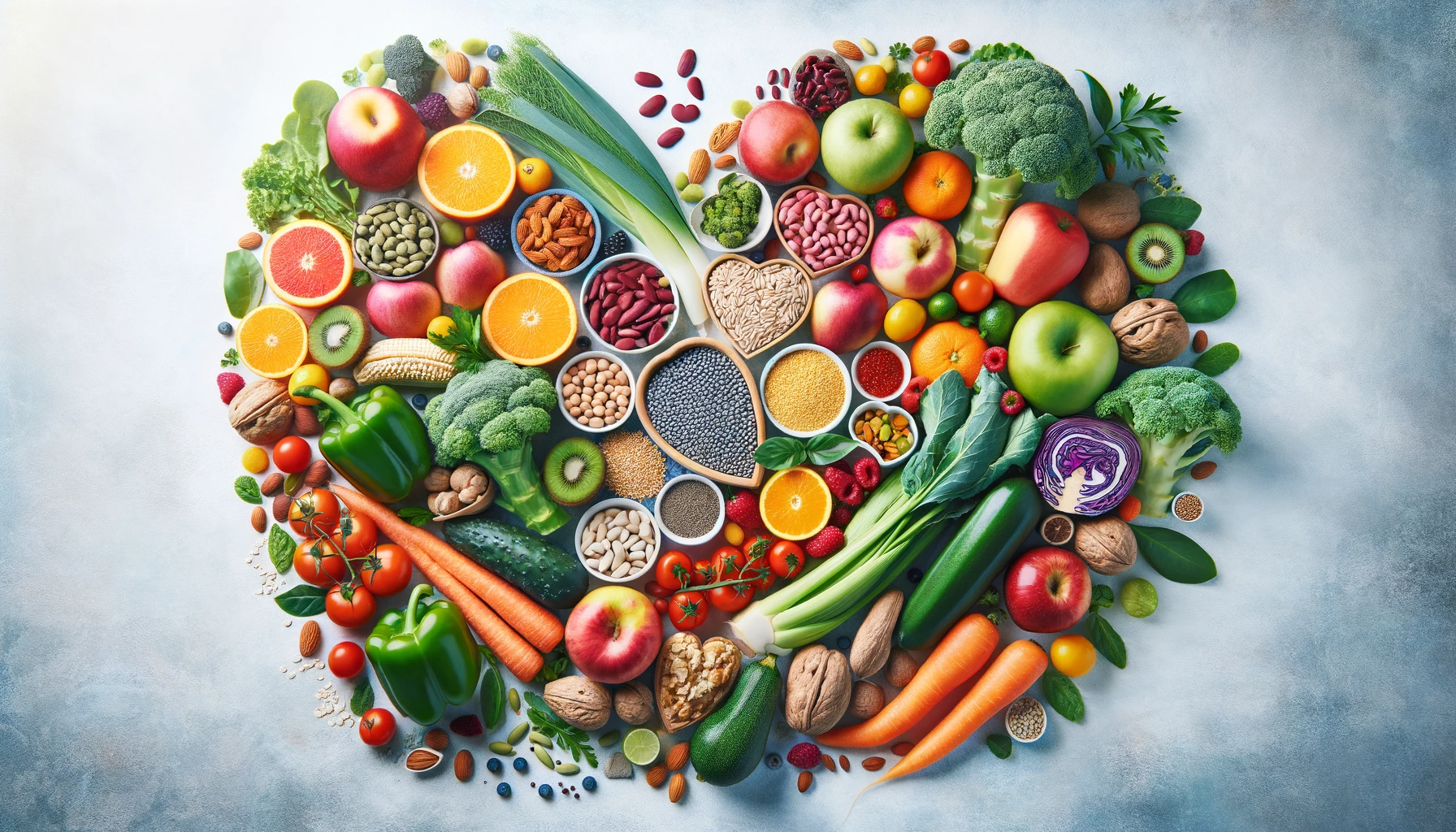5 Foods to Avoid if You Have IBS: Your Ultimate Guide to Digestive Health
November 8, 2023 | by healthieee.com

Irritable Bowel Syndrome (IBS) is a common gastrointestinal disorder that affects millions of people worldwide. Its symptoms, which include abdominal pain, bloating, and irregular bowel habits, can significantly impact one’s quality of life. While there is no cure for IBS, managing your diet can help alleviate its symptoms. In this article, we will explore the top 5 foods to avoid if you have IBS, and provide you with essential dietary guidelines to improve your digestive health.
In Shorts
High-FODMAP Foods
FODMAPs, which stands for Fermentable Oligosaccharides, Disaccharides, Monosaccharides, and Polyols, are a group of carbohydrates that are poorly absorbed in the small intestine. For individuals with IBS, consuming high-FODMAP foods can trigger symptoms like gas, bloating, and diarrhea. To manage your IBS effectively, consider avoiding or reducing your intake of the following high-FODMAP foods:
a. Onions and garlic
b. Wheat-based products
c. Dairy products like milk, yogurt, and soft cheeses
d. Apples, pears, and stone fruits
e. Certain vegetables like broccoli, cauliflower, and asparagus
Fried and Greasy Foods
Fried and greasy foods, such as deep-fried items, fast food, and heavily battered dishes, can wreak havoc on your digestive system if you have IBS. These foods are high in unhealthy fats that can exacerbate symptoms like abdominal pain and diarrhea. It’s best to avoid foods like:
a. French fries b. Fried chicken c. Onion rings d. Pizza with extra cheese and a greasy crust e. Fast food burgers and hot dogs
Spicy Foods
Spices and hot peppers can add a burst of flavor to your meals, but they can also trigger IBS symptoms in some individuals. Capsaicin, the compound responsible for the spiciness of hot peppers, can irritate the gastrointestinal tract. If you’re prone to IBS flare-ups, it’s a good idea to steer clear of the following spicy foods:
a. Hot chili peppers b. Salsa with excessive heat c. Spicy curries d. Mexican and Thai dishes with high spice levels e. Wasabi and horseradish
Carbonated Beverages
Carbonated beverages, including sodas and sparkling waters, can contribute to bloating and gas, making them problematic for IBS sufferers. These drinks contain carbon dioxide, which can lead to increased pressure in the intestines. To prevent discomfort, limit or eliminate your consumption of carbonated beverages and opt for non-carbonated alternatives like:
a. Water
b. Herbal teas
c. Low-acid fruit juices
d. Decaffeinated coffee or tea
e. Infused water with cucumber, mint, or citrus.
Artificial Sweeteners
Artificial sweeteners, often found in sugar-free products, can be difficult for some individuals with IBS to digest. These sweeteners, such as sorbitol, xylitol, and aspartame, can ferment in the gut and produce gas, leading to abdominal discomfort. Be cautious about consuming foods and drinks containing artificial sweeteners, and opt for natural sweeteners like honey or maple syrup as alternatives.
Conclusion
Living with IBS can be challenging, but managing your symptoms is possible through dietary adjustments. By avoiding high-FODMAP foods, fried and greasy dishes, spicy foods, carbonated beverages, and artificial sweeteners, you can reduce the frequency and severity of your IBS symptoms. Remember to consult with a healthcare professional or registered dietitian for personalized advice and guidance in managing your IBS through diet. Your digestive health is crucial, and making informed choices regarding the foods you consume can greatly improve your overall well-being.
RELATED POSTS
View all



